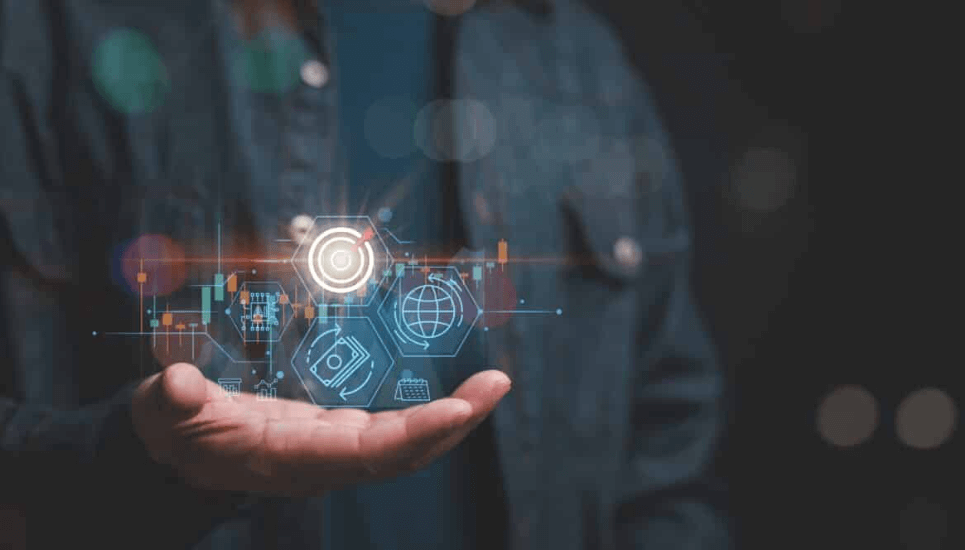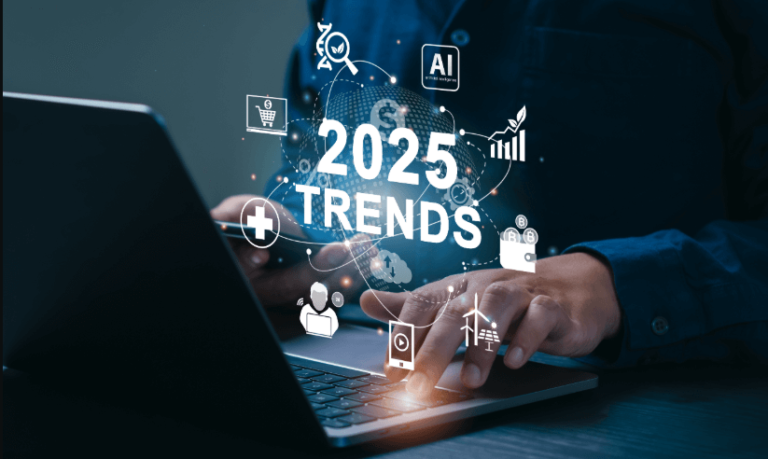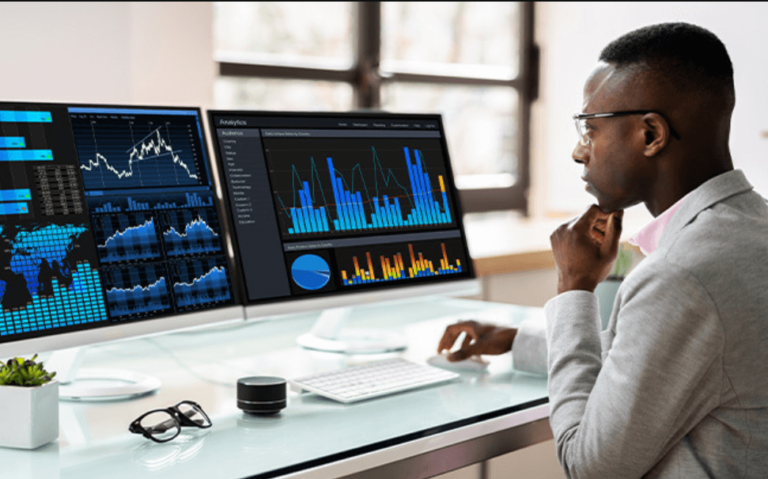Technology in 2025: Transforming the Digital Landscape

Technology has become the backbone of modern life, reshaping how we work, communicate, and interact with the world. Innovations like artificial intelligence (AI), cloud computing, 5G networks, Internet of Things (IoT), and blockchain are revolutionizing industries and everyday experiences. Staying updated with the latest tech trends in 2025 is essential for businesses, professionals, and individuals to remain competitive and maximize efficiency.
This article explores the most significant technology trends of 2025, their impact, and how they are shaping the future.
Artificial Intelligence: The Brain Behind Innovation
Artificial Intelligence is transforming industries by enabling machines to learn, analyze data, and make decisions. AI improves efficiency, accuracy, and customer experiences across multiple sectors.
- Healthcare: AI assists in early diagnosis, robotic surgeries, and predictive treatment plans.
- Business: Companies leverage AI chatbots, analytics, and automation to optimize operations.
- Education: Adaptive learning platforms personalize education, improving student outcomes.
Experts predict that AI could contribute over $15 trillion to the global economy by 2030, emphasizing its vital role in the digital age.
Cloud Computing: Powering Digital Transformation
Cloud computing allows organizations to store, manage, and process data remotely, providing flexibility and scalability.
- Scalability: Businesses can scale resources according to demand.
- Collaboration: Teams can work together from anywhere using cloud-based tools.
- Cost Efficiency: Reduces expenses on hardware and IT maintenance.
Major cloud providers like AWS, Microsoft Azure, and Google Cloud enable companies to innovate faster and improve operational efficiency.
5G Networks: Redefining Connectivity
The deployment of 5G technology is transforming connectivity worldwide. With faster speeds and low latency, 5G enhances user experiences and drives innovation.
- Entertainment: Seamless streaming, immersive gaming, and virtual reality experiences.
- Healthcare: Remote surgeries and telemedicine consultations become more precise.
- Smart Cities: IoT-enabled infrastructure improves traffic, energy, and public safety management.
By 2030, billions of devices are expected to rely on 5G networks, accelerating growth in multiple sectors.
Internet of Things (IoT): Connecting the World
The Internet of Things links everyday devices, creating smarter homes, offices, and cities.
- Smart Homes: Control lights, appliances, and security systems remotely.
- Healthcare: Wearable devices track health metrics such as heart rate and sleep patterns.
- Smart Cities: IoT sensors optimize energy, traffic, and waste management.
Analysts predict over 30 billion IoT devices will be connected globally by 2030, making IoT a cornerstone of modern living.
Cybersecurity: Protecting Digital Assets
As technology advances, cyber threats grow increasingly sophisticated. Cybersecurity is crucial for protecting sensitive data and maintaining trust.
- AI-Enhanced Security: Detects and prevents cyberattacks in real-time.
- Encryption: Secures sensitive communications and transactions.
- User Education: Reduces risks from phishing, malware, and identity theft.
With cybercrime projected to cost trillions annually, robust cybersecurity is essential for businesses and individuals alike.
Blockchain: Beyond Cryptocurrency
Blockchain technology provides secure and transparent solutions beyond cryptocurrency applications.
- Finance: Ensures fast, secure, and transparent transactions.
- Supply Chain: Tracks products from production to delivery, enhancing accountability.
- Healthcare: Protects sensitive medical records and maintains data integrity.
The rise of Web3 and decentralized applications (dApps) demonstrates blockchain’s growing role in the modern economy.
Green Technology: Innovation Meets Sustainability
Green technology combines innovation with environmental responsibility.
- Renewable Energy: Solar, wind, and hydro reduce dependence on fossil fuels.
- Electric Vehicles (EVs): Offer cleaner transportation alternatives.
- Smart Energy Grids: AI-driven systems optimize energy usage and reduce waste.
Green technology proves that innovation can coexist with sustainability, supporting both economic growth and environmental protection.
Emerging Technologies to Watch
Beyond current trends, emerging technologies are poised to redefine industries:
- Quantum Computing: Offers unparalleled computational power for complex challenges.
- Metaverse: Creates immersive virtual worlds for work, education, and entertainment.
- Biotechnology: Advances in genetics improve healthcare, agriculture, and food security.
- Artificial General Intelligence (AGI): Machines capable of human-like reasoning and decision-making.
These technologies have the potential to transform industries, economies, and lifestyles over the next decade.
Conclusion
Technology in 2025 is not just a convenience—it is the foundation of progress. AI, cloud computing, 5G, IoT, blockchain, and green technology are transforming industries, businesses, and daily life. Cybersecurity ensures trust and protection, while emerging technologies such as quantum computing, biotechnology, and the metaverse promise even greater advancements.
For businesses, embracing these innovations is key to competitiveness and growth. For individuals, staying informed means smarter living, better opportunities, and enhanced efficiency. Ultimately, technology is not just shaping the future—it is defining it.


